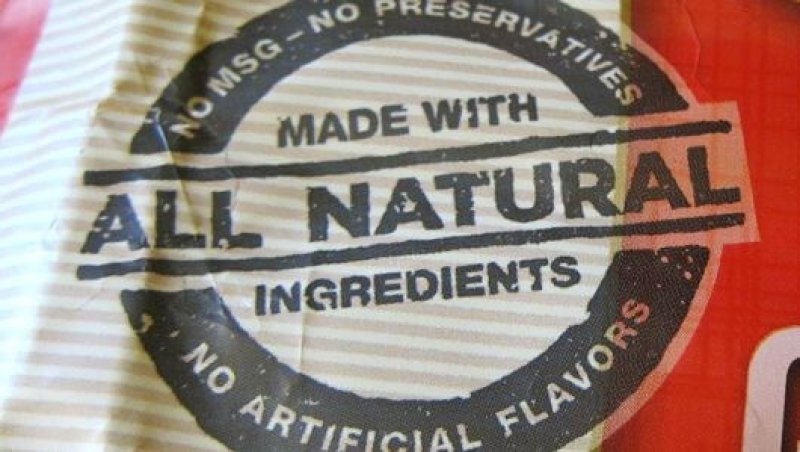Feelings of disgust are often immune to rationality. And with good reason: evolutionarily, disgust is an incredibly adaptive, life-saving reaction. We find certain things instinctively gross because they really can harm us. Human secretions pass on disease. Noxious odors signal that your surroundings may be unsafe. Disgust is powerful, in short, because it often signals something important.
G.M.O.s, or genetically modified foods, are an area where visceral disgust trumps all evidence and reason. In 2005, Paul Rozin published a survey showing that, when it comes to “naturalness,” content is far less important than process; a natural substance can easily be rendered “unnatural” by passing through an unnatural-seeming transformation, even one as innocuous as boiling or pasteurization. In a forthcoming paper with Sydney Scott and Yoel Inbar, Rozin argues that the tendency to conflate naturalness with goodness is one basic reason G.M.O.s are facing such an uphill battle. More than seventy per cent of those who expressed opposition to genetically modified food—close to half of all of those surveyed—said that their view would not change regardless of the evidence put before them. G.M.O.s are unnatural and, therefore, disgusting.
“‘Natural’ is for some people like God, a fundamentally good thing. You shouldn’t play around with it,” Rozin says. “But consider this. The same people who claim that G.M.O.s are unnatural have cocker spaniels and eat corn, which is about as unnatural as anything you can find. How do you parse that in your mind? If natural means, for some people, not original state, we don’t eat anything at all that’s natural, other than truly wild plants.”
Read full, original article: Problems too disgusting to solve































